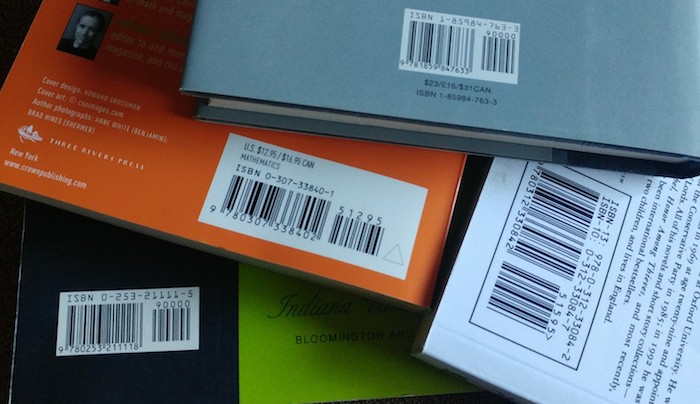The Educational Market: Marketing Your Books to Schools and Teachers
Teachers and school administrators are constantly looking for fresh teaching materials. It's not always easy, however, to figure out how to sell to the school market effectively.

Selling effectively to the educational market begins before your book is even published. Before publication you should examine how your title will fill curriculum requirements. If you can tweak your text to more perfectly align with particular objectives and outcomes for a specific curriculum area, you'll have a much easier time selling your book to schools and teachers.
Plan Ahead
In the US, not all states use the same curriculum framework, so you should go beyond federally mandated common core materials when researching curriculum requirements and also investigate state mandates as well.
Many supplemental materials used in schools are funded with special programs. Whether that's gifted education, ESL training or special needs help, knowing what needs these programs fill will help you explain how your book meets the funding objectives. That crucial information might help you make a sale in a market where money is tight.
Additionally, when teachers seek out resources, they're also often looking for materials that represent their increasingly diverse student population. If possible in your title, be sure you appeal to and/or include all ethnic groups, economic situations and family types.
Finally, you should time your educational releases to take advantage of the educational cycle. New releases are best published in August/September so they can be evaluated during the current school year and purchased over the summer for the following year. (No one said the educational market was a fast sale!)
Seek Out Endorsements and Reviews
If you plan on selling to the school marketing extensively, you'll want to develop relationships with well-known educators, and understand the power of reviews in this market. Advertising and seeking out reviews in educational periodicals can pay dividends. Educational organizations often endorse products and administer awards in their fields. These too can be great avenues to give your title credibility to teachers and administrators.
Be Helpful
Teachers are busy and often overwhelmed. The more assistance you can give them in the form of lesson plans, handouts, activities, supplementary material and other teaching ideas can make a huge difference in the willingness of educators to introduce your book into their teaching plans. Be sure to emphasize these materials when you send out marketing materials to these markets.
In addition, hosting these materials on sites like TeachersPayTeachers.com, TeachersNotebook.com and ShareMyLesson.com can create awareness of your books in places that your marketing cannot reach.
Read These Next
Leveraging Writers Conferences to Build a Writing Career
With a good mindset and a bit of research and preparation, aspiring authors can use writers’ conferences to advance their careers. Here are some tips for making the most of these events.
Barcodes for Books
Information on the Bookland EAN Barcode, the UPC symbol and their uses in the book publishing industry.
Absurd Adventures in Censorship: A Look at Dumb Attempts to Ban Children's Books
Many attempts to censor literature, and children's literature in particular, have been based on some ridiculous reasoning, with the resulting stories being hilarious and bewildering.






